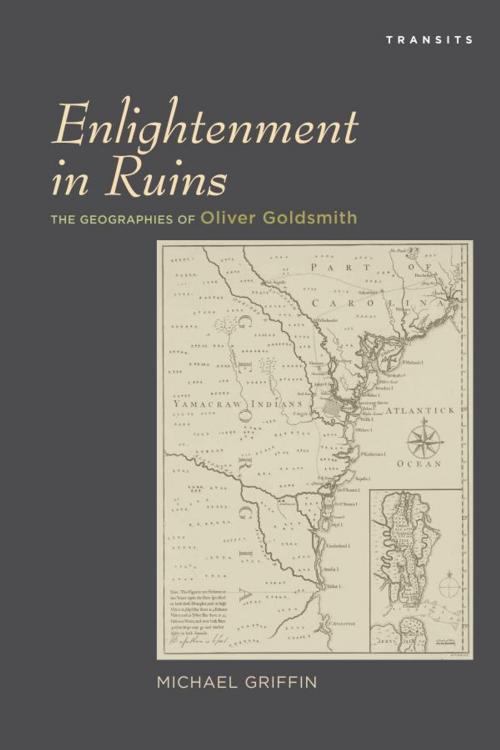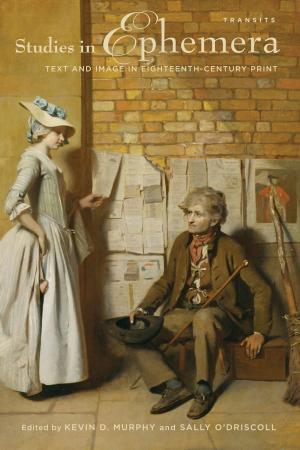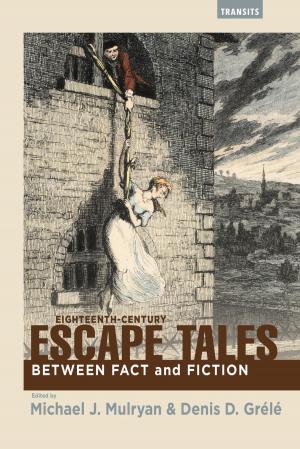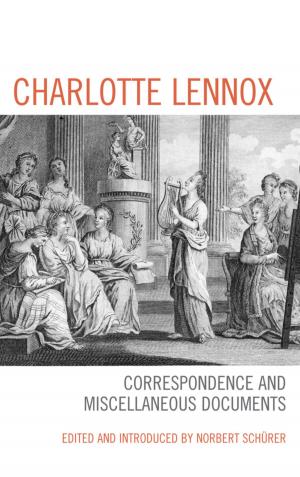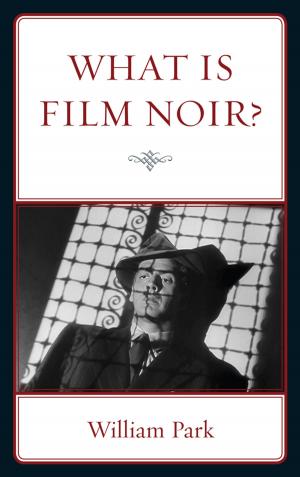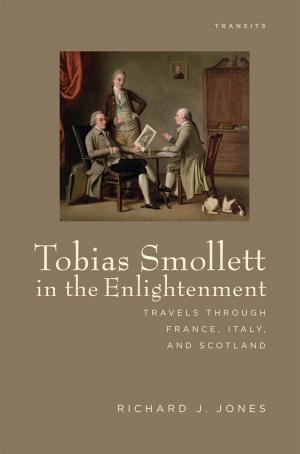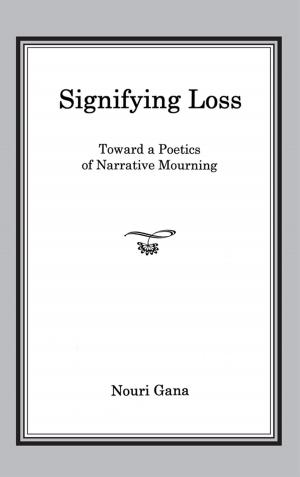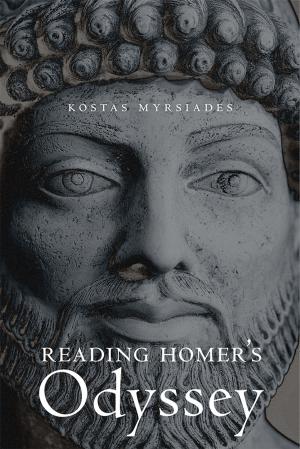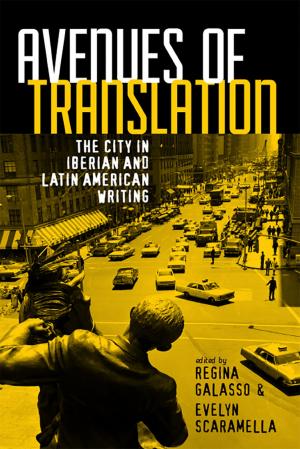Enlightenment in Ruins
The Geographies of Oliver Goldsmith
Fiction & Literature, Literary Theory & Criticism, British, Nonfiction, History, Biography & Memoir, Literary| Author: | Michael Griffin | ISBN: | 9781611485066 |
| Publisher: | Bucknell University Press | Publication: | August 15, 2013 |
| Imprint: | Bucknell University Press | Language: | English |
| Author: | Michael Griffin |
| ISBN: | 9781611485066 |
| Publisher: | Bucknell University Press |
| Publication: | August 15, 2013 |
| Imprint: | Bucknell University Press |
| Language: | English |
Oliver Goldsmith (1728–1774) moved between the genres and geographies of enlightenment writing with considerable dexterity. As a consequence he has been characterized as a passive purveyor of enlightenment thought, a hack, a harried translator of the French enlightenment for an English audience, an ideological lackey, and a subtle ironist. In poetry, he is either a compliant pastoralist or an engaged social critic. Yet Goldsmith’s career is as complex and as contradictory as the enlightenment currents across which he wrote, and there is in Goldsmith’s oeuvre a set of themes—including his opposition to the new imperialism and to glibly declared principles of liberty—which this book addresses as a manifestation of his Irishness.
Michael Griffin places Goldsmith in two contexts: one is the intellectual and political culture in which he worked as a professional author living in London; the other is that of his nationality and his as yet unstudied Jacobite politics. Enlightenment in Ruins thereby reveals a body of work that is compellingly marked by tensions and transits between Irishness and Englishness, between poetic and professional imperatives, and between cultural and scientific spheres.
Oliver Goldsmith (1728–1774) moved between the genres and geographies of enlightenment writing with considerable dexterity. As a consequence he has been characterized as a passive purveyor of enlightenment thought, a hack, a harried translator of the French enlightenment for an English audience, an ideological lackey, and a subtle ironist. In poetry, he is either a compliant pastoralist or an engaged social critic. Yet Goldsmith’s career is as complex and as contradictory as the enlightenment currents across which he wrote, and there is in Goldsmith’s oeuvre a set of themes—including his opposition to the new imperialism and to glibly declared principles of liberty—which this book addresses as a manifestation of his Irishness.
Michael Griffin places Goldsmith in two contexts: one is the intellectual and political culture in which he worked as a professional author living in London; the other is that of his nationality and his as yet unstudied Jacobite politics. Enlightenment in Ruins thereby reveals a body of work that is compellingly marked by tensions and transits between Irishness and Englishness, between poetic and professional imperatives, and between cultural and scientific spheres.
